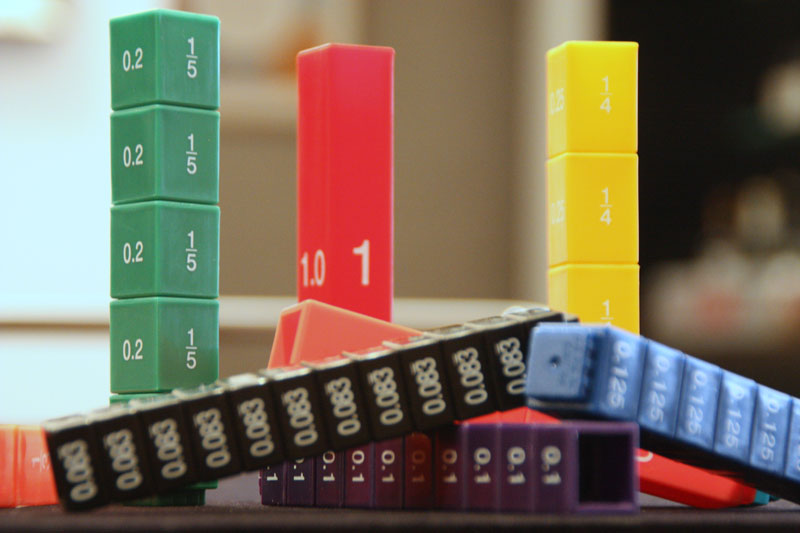 I nostalgically remember how exciting becoming an eighth grader was for me as a student, mainly because that would bring the challenges of Algebra to my academic life. I also proudly remember inheriting that humongous Algebra book that used to belong to my sister and that basically represented the transition to a more mature and relevant academic journey. Sadly, I also remember the frustration that followed after being exposed to some of the more basic algebraic concepts that would basically represent the foundations of a more advanced body of knowledge, fundamental in my future as an engineer. Unfortunately, I learned mathematics in a very robotic and repetitive manner that did not require much the use of problem solving or critical thinking skills, vital in the process of truly understanding mathematics since the early years; memorization, repetition of steps to solve problems, and almost no connection with the real world was my day by day contact with math. Although the process of connecting mathematics with the real world in simple and complex scenarios was time consuming, it was absolutely necessary for me to understand the applications of mathematics in more advanced fields.
I nostalgically remember how exciting becoming an eighth grader was for me as a student, mainly because that would bring the challenges of Algebra to my academic life. I also proudly remember inheriting that humongous Algebra book that used to belong to my sister and that basically represented the transition to a more mature and relevant academic journey. Sadly, I also remember the frustration that followed after being exposed to some of the more basic algebraic concepts that would basically represent the foundations of a more advanced body of knowledge, fundamental in my future as an engineer. Unfortunately, I learned mathematics in a very robotic and repetitive manner that did not require much the use of problem solving or critical thinking skills, vital in the process of truly understanding mathematics since the early years; memorization, repetition of steps to solve problems, and almost no connection with the real world was my day by day contact with math. Although the process of connecting mathematics with the real world in simple and complex scenarios was time consuming, it was absolutely necessary for me to understand the applications of mathematics in more advanced fields.
But times have changed! Considering all the technology and research in education, we have innumerable tools and resources that could assist us in the process of teaching meaningful content to help students establish that link between mathematics and a better understanding of the world around us. Manipulatives, interactive software, educational games, videos, well design textbooks, free online classes, and other resources have become so important in the teaching of mathematics with purpose not only for children during their first school years but also for college students. As the National Council of Teachers of Mathematics states “Young learners’ future understanding of mathematics requires an early foundation based on a high-quality, challenging, and accessible mathematics education” (NCTM, 2014).
It is rare to listen to someone say “I am so bad at reading” or “I do not know how to read”; however “I am so bad at math” has become extremely common and apparently accepted. As parents and educators we have the responsibility of changing that distorted perspective of mathematics. The likelihood of students disliking math should decrease when they can understand how it is useful and applicable to their lives, as well as their frustration should decrease with the success they can achieve when studying the subject with purpose since their early years.
By Jose Parra, Math Specialist